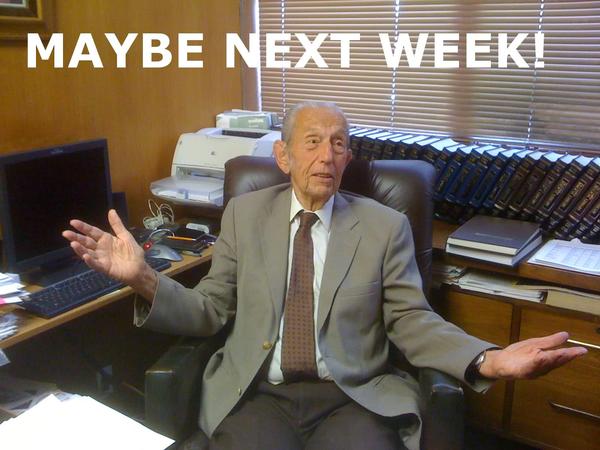Unlikely, while you keep those god beliefs of yours untestable and unfalsifiable.
The proper basicality of beliefs about God do not imply they are indubitable.
These beliefs are defeasible; that is to say, they can be defeated by other incompatible beliefs which come to be accepted by the theist.
With regards to Ayer's principle of empirical verifiability and Flew's principle of empirical falsifiability, suffice it to say that these principles were principles formulated by their respective creators to be used to determine whether or not statements are meaningful. IOW, they are criteria of meaning and that is why verificationism as a semantic theory has been abandoned since the 50's and falsifiability in the narrow sense, has been abandoned as a tenable criteria of meaning. Of course, in the broader sense, falsifiability as a principle is alive and helpful, for unless there are criteria for truth and falsity, no truth claims could be supported.
In addition, Hick points out that not everything that is verifiable need be falsifiable in the same manner. IOW, the relationship between the two is asymmetrical. An example can be given to illustrate this. I can verify my own immortality if I consciously observe my funeral. I cannot falsify my immortality however, for if I do not survive my death, I am not there to disprove my own immortality.
Agnostic atheist, or agnostic theist?
I don't recognize such designations.
I would simply be agnostic. I would answer "I don't know, but it is possible." to the question,"Does God exist?"
I would not answer "No.", nor would I answer the question by saying, "the question is meaningless."



